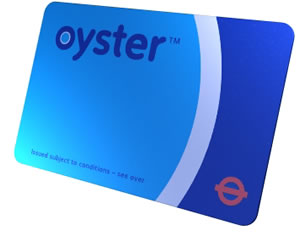Smart card tech heralds 'instant on' computing
Ferroelectric memory is the key to instant booting

We've been promised instant booting computers for so long now that we tend to be skeptical of another miracle technology, but at least this latest claim from researchers at Cornell, Penn State and Northwestern Universities has some hard science behind it.
An interdisciplinary nanoscale research team has succeeded for the first time in adding ferroelectric capability to material used in common computer transistors.
Ferroelectric materials provide low-power, high-efficiency electronic memory, and are often used in public transport and micropayment smart cards as they can instantly reveal and update stored information when waved before a reader.
Speedy silicon
Researchers took strontium titanate and deposited it on silicon - the principal component of most semiconductors and integrated circuits - in such a way that the silicon squeezed it into a ferroelectric state.
The result could pave the way for a next-generation of memory devices that are lower power, higher speed and more convenient to use. For us computer users, it could (hopefully) mean no more waiting for the operating system to come online or to access memory slowly from the hard drive.
Motorola and Intel helped finance the research, so we'll be expecting 'instant-on' mobile phones and netbooks within the next few years.
Get daily insight, inspiration and deals in your inbox
Sign up for breaking news, reviews, opinion, top tech deals, and more.